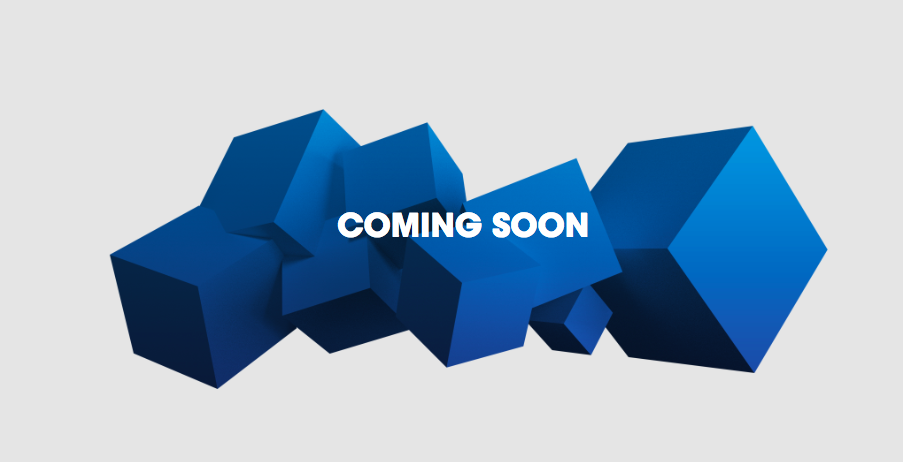Blockchain gaming company Mythical Games has raised $16 million in combined seed and Series A funding rounds led by Mike Novogratz, Block.one, and Galaxy Digital’s EOSIO Ecosystem Fund. The fund, which raised $325 million earlier this year, aims to bring more startups into the EOSIO blockchain. That’s where Mythical will build its games, representing a departure from the current gaming favorite Ethereum.
“EOS is the strongest platform commercially right now,” John Linden, the CEO and cofounder of Mythical Games, told BREAKER. Though the company is “committed” to building on EOS, it plans to give developers a choice. “It might make sense for a game developer to use a chain based in South Korea that has better adoption there.”
So far, Mythical’s website is vague about blockchain. It uses the right buzzwords: “true ownership of digital assets,” “verifiable scarcity,” “consumer adoption of distributed ledger technology.” Having just emerged from stealth mode, Mythical’s lack of specificity is forgivable, but it leaves potential players wondering what they can expect from the new startup.
A “coming soon” image on the website’s “games” section doesn’t offer any further clues; readers can only speculate as to whether Mythical’s games will more closely resemble CryptoKitties or, say, “Fortnite.”

A single game’s trailer provides a glimpse into the Mythical world. The company released a teaser for “Blankos Block Party,” a collaboration with the independent game studio Third Kind Games on November 17. By the looks of the collectible characters in the game, it seems to lean more toward the CryptoKitties end of the gaming spectrum (in a world where that and “Fortnite” mark the two ends of the gaming spectrum, that is).
Linden said the company wanted to “go pretty deep” on the first game before it starts releasing others.
According to the game’s press release, we learn that Blankos are “fun and mischievous vinyl toys brought to life.” Now that they’re alive, they just want to experience “the fleek life.” Players can design their own Blankos, enough to fill a block party—hence the name of the game.
Like CryptoKitties, Blankos feature unique character traits, the value of which players will likely determine based on their rarity. Naturally, users will be able to buy, sell, and trade Blankos through a digital marketplace. Meanwhile, they can create the blocks on which these cute, collectible Blankos party by purchasing “block assets.”
Like “Fortnite,” it’s an MMO (massive multiplayer online game) that involves buying in-game assets to improve users’ gameplay. As of this summer, market research from Superdata found that “Fortnite” had made around $1 billion from in-game purchases. Linden said that Mythical plans to see a lot revenue from such purchases.
Linden formerly served as a studio head at game publisher Activision, so he’s rooted more firmly in the gaming world than the blockchain one. The company’s “head of blockchain,” Rudy Koch, also worked at Activision as a senior producer and at Blizzard Entertainment on “World of Warcraft.” He doesn’t appear to have much of a background in blockchain either, but according to his LinkedIn profile, he’s “currently exploring.”
Blockchain appeals to Linden insofar that he suspects it will give players “stake in [their] games.” When teenagers say they want to be video game designers, he says, “what they want is a bigger stake.”
“Stake” comes down to ownership, and that’s really what blockchains have to offer. If a player buys a character or a weapon in a game on a blockchain marketplace, “those can be written into a wallet that you own,” said Linden. Once Mythical Games is up and running, those plans get more ambitious. Players will be able to buy an item in the game, “check it out,” alter it, and then “check it back in.” After removing the item from the game, players will be able to import it into Maya or Photoshop and, say, paint it pink, or change its texture. This would make the asset totally unique by the time it returns to the game—but only after it’s been verified.
The verification process would have to “make sure [the asset] is still performant,” said Linden, “that it’s safe for the community—no adult content, nothing racially insensitive.” In other words, it would have to look nothing like the comments you frequently find on Twitch.
Players won’t necessarily have to purchase their stake in the game in crypto, though. For now, the plan is to combine traditional payment methods with blockchain-based ownership. Mythical Games’s marketplaces may become entirely fueled by cryptocurrency “four or five years from now.” Doing so earlier, said Linden, would limit adoption.
In other blockchain gaming news, PlayStation released a trailer last week for “Plague Hunters.” Very loosely based the Black Death’s fourth century devastation, “Plague Hunters” lets players “trade hunters on the blockchain…to build your power.” It’s the same idea as “Blankos Block Party.” There’s the game itself, but then there’s the additional game of cultivating and trading characters. On the CryptoKitties–Fortnite scale, it seems to cover the entire spectrum.
“Plague Hunters” was built on the Ethereum blockchain, so players can buy their weapons and other in-game assets through an Ethereum-based marketplace. This darkly whimsical game is expected to debut in the first quarter of 2019, with users getting access to the game via Nintendo Switch or on their PCs.
Both “Blankos Block Party” and “Plague Hunters” stress “real ownership” of assets in the game, from characters to weapons to, apparently, block party décor. “There are a lot of aspects to games that can be tokenized,” according to Linden, providing unending opportunities for players to feel like they have (or to really have) stake in the game.
“Real” ownership of unreal assets is the future of gaming. Meta.